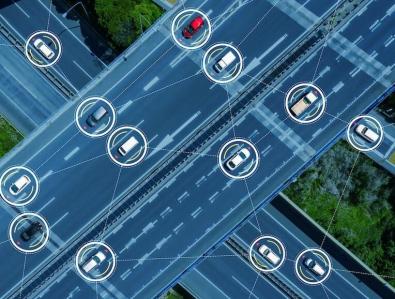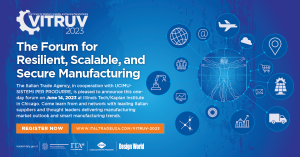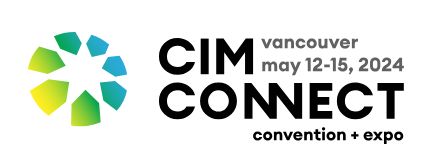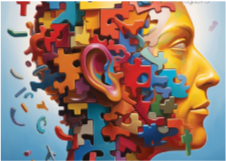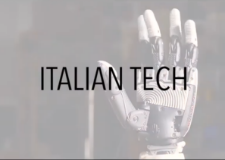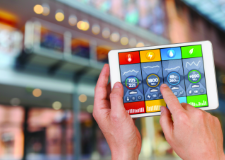The Consumer Technology Association (CES) 2023 annual conference held in Las Vegas, NV, USA is the world's most influential technology event, the testing ground for the most advanced technologies and global innovators.
The Consumer Electronics Show explores next-generation technology in the context of numerous topics, including 5G and IoT, advertising, automotive, blockchain, health and wellness, immersive entertainment, robotics, etc.
1.- Sustainable and collaborative supply chains
While resilience is a key ingredient of long-term organizational viability, it has taken on new meaning in today's climate. Nearly every industry has felt the cascading impacts of supply chain disruptions, and mitigating those disruptions is crucial to restoring expectations.
when it comes to vehicles, supply chain visibility is essential to production. With the new MO360 data platform, Mercedes-Benz connects its nearly 30 passenger car plants worldwide to Microsoft Cloud to improve transparency and predictability across its digital production and supply chain.
2.- Using data to create better business processes
Artificial intelligence and data help reimagine critical business practices and play a key role in process optimization. When used responsibly, AI and machine learning can have a positive impact on everyday life, and many in the industry are taking advantage of opportunities to improve experiences for both employees and customers while impacting sustainability.
American Airlines works with Microsoft Azure and applies AI to reduce tarmac wait time, to save thousands of gallons of jet fuel per year and give connected customers additional time to make their next flights.
ZF has empowered employees to use low-code solutions on Microsoft Power Platform to collaborate with their professional developers, helping to improve lean manufacturing audits by developing a solution that eradicated the use of spreadsheets and migrated data to robust Power BI reports, and generated significant time and resource savings.
3.- Personalized in-car and customer experiences
In-car personalization through connected and software-defined vehicles unlocks the ability to provide continuous updates to the vehicle experience. General Motors announced that it will partner with Microsoft to implement new software-defined vehicle services. As GM's Ultifi platform nears deployment in 2023, GM will use Microsoft Azure's artificial intelligence and cloud services to help simplify its software development and bring convenient and secure digital mobility services to millions of customers faster.
And in productivity, Lynk & Co has developed a unique, integrated meeting application within its Model 01 vehicle infotainment system in collaboration with Microsoft. The app allows users to join Teams meetings on the go, bringing a new dimension to the in-car experience and adding versatility to mobility.
4.- Embracing innovation with autonomous and software-based vehicles.
Innovation in the autonomous and software-defined vehicle space is happening at a very rapid pace, and we must not overlook the importance of coming together to reduce complexity and foster collaboration. Microsoft intends to improve developer efficiency through providing an abstraction layer that simplifies the management of the underlying in-vehicle architecture and lower-level capabilities. These projects aim to significantly reduce the complexity involved in developing vehicle applications and enable a large developer community.
5.- Design new experiences in the metaverse
In particular, the industrial metaverse offers opportunities for training scenarios. With HoloLens 2 and Dynamics 365 Guides, automakers such as Toyota Motor North America, Nissan Motor Corporation and others train employees without having experts physically on-site. This approach can reduce the time needed to learn new processes and skills, and content can be created without special programming or IT skills.
FIAT announced a 100% virtual showroom for its new FIAT 500 hosted in the metaverse and running on Microsoft Azure, where customers in Italy can interact with product specialists to discover the vehicle, simulate a test drive on the famous La Pista 500 and make a new vehicle purchase, from the comfort of their couches. Developed with Microsoft and Touchcast.
Source: Industrial Cluster
